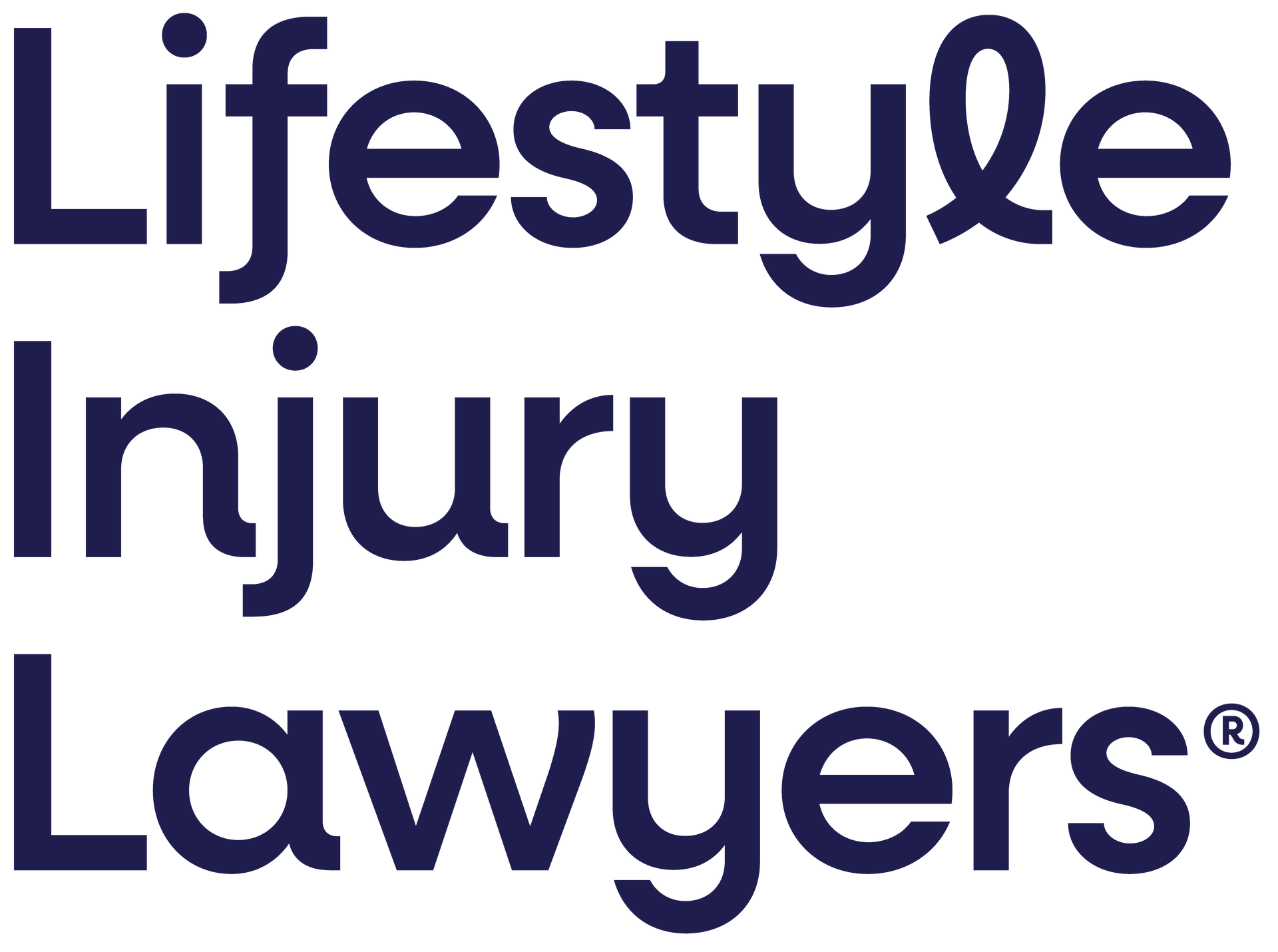What if I Had a Pre-existing Injury? Should I Still Make a Claim?
If you have an accident at work or in a public place, the success of your compensation claim for any harm or injury you suffered may depend on whether you had a pre-existing injury.
The most common claim where this issue arises is workers’ compensation claims. Where you are involved in an accident at work and sustain an injury, it needs to be clear that it was the accident which caused your injury and that it is not an aggravation of a pre-existing condition. This is a particularly common issue in jobs that involve heavy physical labour.
Similarly, if you have a slip and fall in a shopping centre and injure your back, for example, the insurance company who may have to pay out your compensation claim will take every measure it can to check that your injury did not pre-date the accident so it can maintain that it is not wholly responsible for compensating your harm.
We’ll briefly address both of these issues in this article.
Pre-existing injuries and workers’ compensation claims
These days many occupations – particularly those that require physical labour or exertion – require you to disclose all pre-existing injuries or medical conditions before the employer will offer you a position. This process is in anticipation of the fact your work duties could aggravate an injury you already have.
If you provide misleading or false information to the employer, you will be disqualified from applying for compensation and receiving damages under the Workers Compensation and Rehabilitation Act 2003 (the Act) if you are then involved in an accident that aggravates the pre-existing injury or condition you failed to mention.
Employers must use any previous injury or illness information you provide during the recruitment process in compliance with the Anti-Discrimination Act 1991. This means employers can’t refuse to employ you because, on the basis of your information or a claims history, they assume you have a predisposition to an illness or injury or; it is assumed, without medical information, that you can’t perform the role, or the work will aggravate an established illness or injury.
So long as you have disclosed any pre-existing injury or illness, or where this question was not part of the recruitment process, you can make a WorkCover claim for compensation. In a workers’ compensation claim you will generally have to show that you were a ‘worker’ and that your work duties significantly contributed to your injury, including where the negligence of an employer, co-workers or any third parties caused the injury.
A medical certificate will need to be attached your WorkCover claim. WorkCover Queensland will also ask whether you were hired before being asked to disclose any pre-existing injuries, and whether at the time of your work injury, you were performing the same duties as you were when originally recruited.
After making a claim through WorkCover, you are also entitled to make a common law negligence claim, for which you should consult an experienced personal injury law firm such as Lifestyle Injury Lawyers.
Pre-existing injuries and other claims
Where you sustain an injury outside of the workplace, such as falling and injuring yourself on a slippery floor at a shopping centre or at a bus station, and you had a pre-existing injury or condition which is now aggravated, your claim for compensation becomes more complex.
Insurance companies will generally try to defend against the claim by trying to show that your ongoing injuries were less the result of the accident – and the negligence that you claim caused it – and more a consequence of your pre-existing injury or medical condition.
But this should not prevent you from making a claim for compensation. By relying on the guidance of a specialist legal professional, the significance of any pre-existing condition can be mitigated in any defence by the insurer based on your medical records.
The help of experts
Medical evidence is crucial in such cases. At Lifestyle Injury Lawyers, we are specialists in examining your medical records to establish that your injuries sustained in the accident are either different from your pre-existing ones, or that your historical condition has been aggravated by the accident.
Whether it’s a workers’ compensation or non-work personal injury claim, these claims can be intimidating for many people. Insurance companies have large resources at their disposal in order to reduce the amount of damages they may have to pay.
By first discussing your case with Lifestyle Injury Lawyers in a free, no obligation consultation, our personal injury lawyers can quickly and expertly assess your matter to give you an idea of the best way forward. Contact our Gold Coast personal injury lawyers today on 1800 491 688.





